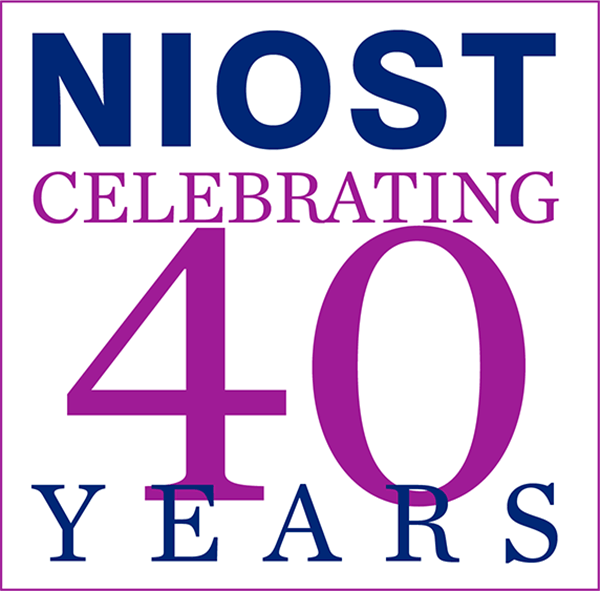This Month and Every Month, We Are Thankful for OST Professionals
November 15, 2021
 Articles abound in the media about worker shortages in early childhood care and education. Demanding work combined with low pay and lack of benefits has led to an exodus from the field, resulting in drastic consequences for working parents—especially mothers. Though they are often not as visible, out-of-school time (OST) workers face many of the same challenges as child care workers, and play just as critical a role for families, communities, and our economy.
Articles abound in the media about worker shortages in early childhood care and education. Demanding work combined with low pay and lack of benefits has led to an exodus from the field, resulting in drastic consequences for working parents—especially mothers. Though they are often not as visible, out-of-school time (OST) workers face many of the same challenges as child care workers, and play just as critical a role for families, communities, and our economy.
This Thanksgiving, as we reflect on what we’re grateful for, let’s remember the hard work and dedication of OST professionals.
For most families in America, school and work hours don’t overlap perfectly, and care is needed to fill in the gaps after school and often before school as well. Just under eight million children are enrolled in OST programs that fill these gaps; another 25 million want to access programs but can’t. It’s clear that OST professionals are absolutely essential to the functioning of daily life for families.
But OST workers face many of the same issues as child care workers. They lack competitive pay, benefits, and financial stability; many leave for higher paying roles in other fields. In addition, many jobs in afterschool programs are part-time, making it difficult for workers to earn a living without combining two or more jobs. These challenges can lead to high turnover, disrupting the incredibly important relationships that professionals form with the children in their programs. Many of these existing challenges were exacerbated by the pandemic.
What can we do to support OST workers? First, we need to listen to the workers themselves. An exploratory study of the OST workforce showed that financial stability, livable wages, and availability of benefits were not perceived as being widely available in the field. It is useful for OST employers to also consider alternative ways to promote continuity in the field through maximizing non-monetary benefits such as autonomy and flexibility, or turning afterschool-only jobs into full-time work by partnering with schools in need of paraprofessionals during the school day. Some organizations support employees and their families with access to child care, including afterschool care, but data on such benefits is limited. More funding support for OST workers is needed on a city-wide, state-wide, and federal level. The Build Back Better legislation moving through Congress may help.
Our experience during the pandemic and the ways OST workers stepped upward and outward to support children, youth, and families in a multitude of ways has elevated appreciation and understanding of their importance in our communities. During this season of gratitude, let’s show we value them for the essential role they play and support action toward making their jobs more sustainable.



